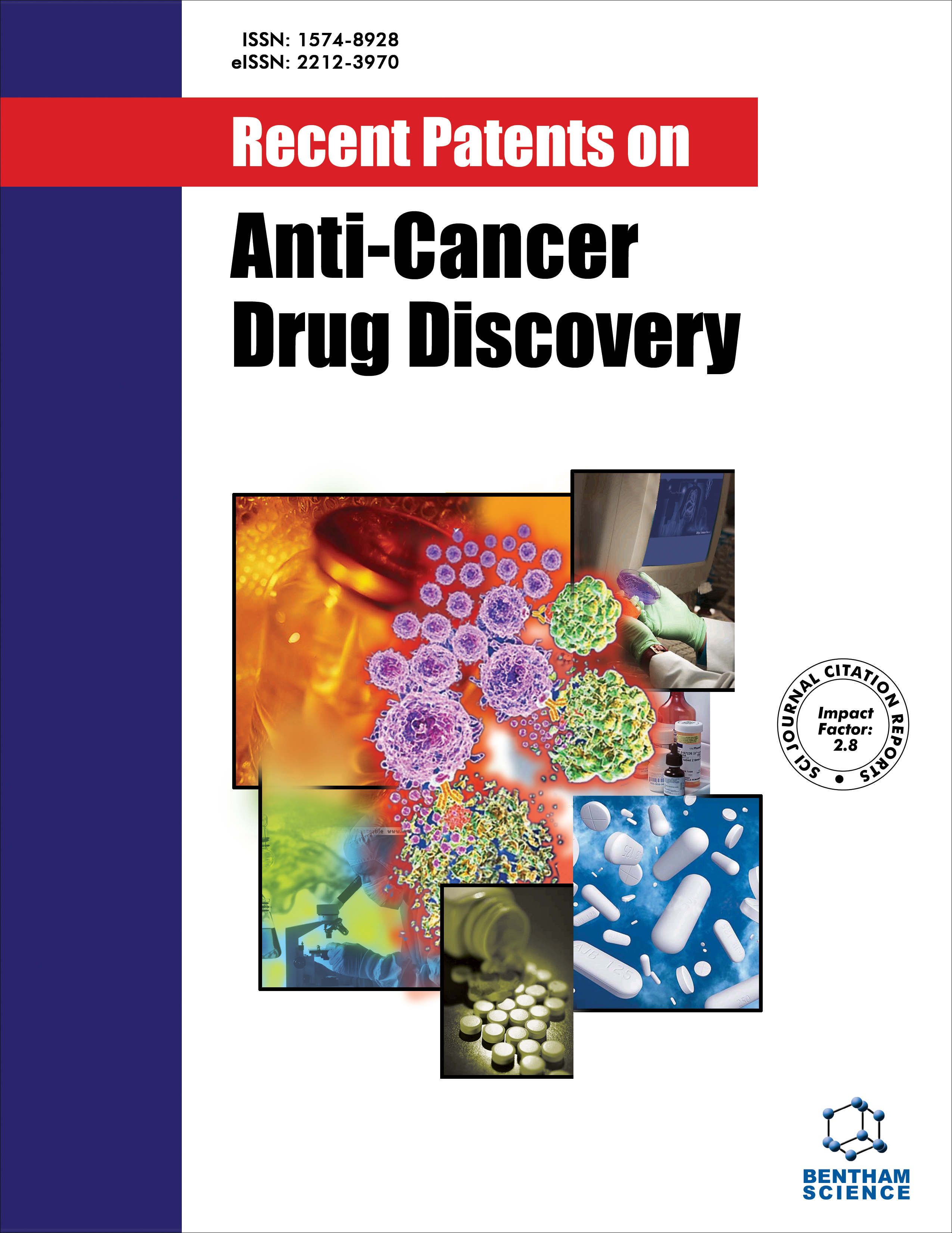
Full text loading...
Chronic constipation and irritable bowel syndrome (IBS) manifest as prevalent gastrointestinal disorders, while digestive tract cancers (DTCs) present formidable challenges to global well-being. However, extant observational studies proffer uncertain insights into potential causal relationships of constipation and IBS with susceptibility to DTCs.
We executed Mendelian randomization (MR) analysis to establish causal connections between these conditions and seven distinct categories of DTCs, including colorectal carcinoma (CRC), hepatocellular cancer (HCC), esophageal malignancy (ESCA), pancreatic adenocarcinoma (PAAD), biliary tract carcinoma (BTCs), gastric carcinoma (GC), and small intestine neoplasm (SIC). Leveraging instrumental variables (IVs) obtained from GWAS data of the FinnGen database, we employed a range of analytical methodologies, including inverse-variance weighting multiplicative random effects (IVW_MRE), inverse-variance weighting fixed effects (IVW_FE), maximum likelihood (ML), weighted median (WM), MR‒Egger regression, and the MR-PRESSO test.
We observed a substantial linkage between genetically predicted constipation and increased vulnerability to PAAD (OR = 2.29, 95% CI: 1.422-3.69, P = 0.001) via the IVW method. Following the removal of outlier SNPs through MR-PRESSO, genetically predicted IBS was affiliated with an increased risk of CRC (OR = 1.17, 95% CI: 1-1.37, P = 0.05). Nonetheless, decisive causal correlations of constipation or IBS with other DTCs remain elusive.
In summary, genetically predicted constipation was associated with an augmented PAAD risk, and IBS was associated with an increased CRC susceptibility within European cohorts, in agreement with some observational studies. Nevertheless, the causal associations of constipation and IBS with other DTCs remain inconclusive.

Article metrics loading...

Full text loading...
References


Data & Media loading...
Supplements

